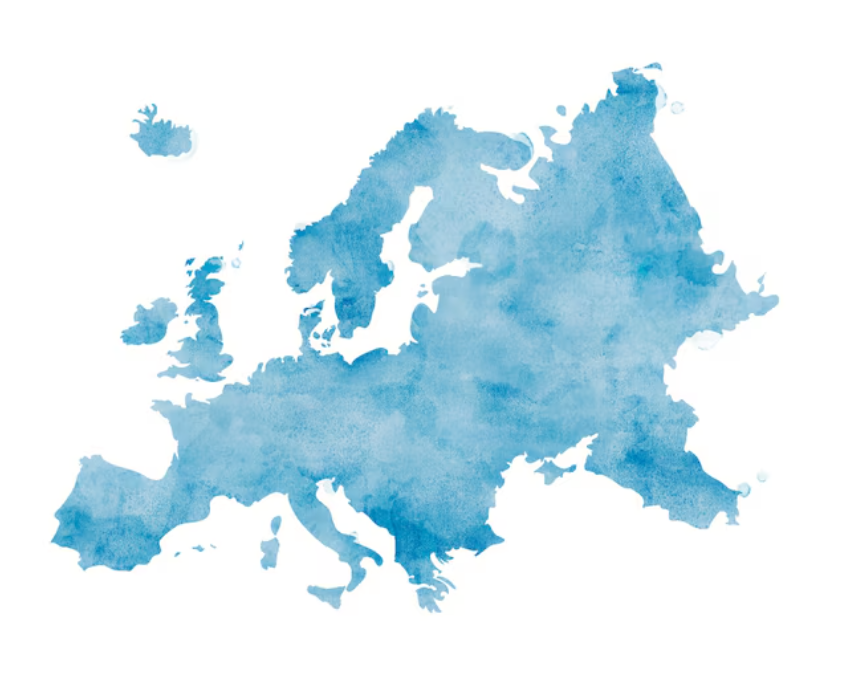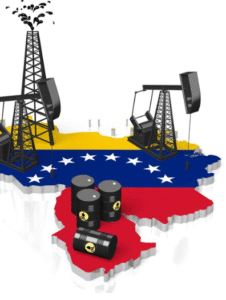$ENPH $SEDG $TSLA
#SolarEnergy #RenewableEnergy #CleanEnergy #EU #ClimateAction #Decarbonization #EnergyTransition #SolarPower #GreenInvesting #Sustainability #EnergyCrisis #CoalPhaseOut
A landmark shift in Europe’s energy mix underscores a growing reliance on renewables and a pivot away from fossil fuels. According to a report released this week, solar power outpaced coal for the first time in generating electricity across the European Union in 2024. The milestone highlights the bloc’s growing strides toward decarbonization and energy independence. Europe’s pressing objectives to reduce greenhouse gas emissions and sever its ties to imported Russian fossil fuels have accelerated the adoption of clean energy technologies. The surge in solar energy reflects years of investments in renewable infrastructure, coupled with favorable public and private funding policies. This development also adds a compelling layer of diversification to the energy landscape, presenting a unique set of opportunities and risks for markets.
The rapid growth of solar power as a key electricity source has significant implications for the energy investment space. Companies tied to solar technology, such as $ENPH (Enphase Energy) and $SEDG (SolarEdge), are poised for heightened investor confidence due to their roles in supplying cutting-edge solar components. Meanwhile, large-scale operators like $TSLA (Tesla), with its solar roof and energy storage products, could further solidify their market presence. The energy shift is also pressuring traditional coal-focused companies to reassess their place in the future energy mix. As renewable energy continues to scale, coal faces dwindling demand—a development that could exacerbate revenue pressures in carbon-intensive industries. This dynamic will likely influence equity valuations and funding flows across both renewable and traditional energy sectors.
The geopolitical ramifications of this transition cannot be understated. The EU’s accelerated investment in renewables not only aligns with its climate commitments under the Paris Agreement but also acts as a strategic maneuver to fortify its energy security. Europe’s reduced reliance on coal and its long-standing dependence on imported Russian energy come at a time of global resource volatility. By achieving milestones like prioritizing solar energy within its energy mix, the region signals its intent to lead the global clean energy race. For financial markets, this could mean increased allocation to green bonds and funds that focus on sustainable energy technologies while potentially constraining capital flows to fossil fuel-related ventures.
For individual and institutional investors, these developments emphasize the value of long-term environmental, social, and governance (ESG) considerations. Solar power’s stunning growth trajectory exemplifies how proactive policy support and technological innovation can reshape entire market segments. However, the transition is not without challenges: supply chain constraints, high upfront costs, and intermittent renewable energy generation require advanced storage solutions and grid enhancements. Nonetheless, the EU’s achievements stand as an encouraging indicator of a broader global trend that could redefine the energy market and its associated sectors over the coming decade.











Comments are closed.